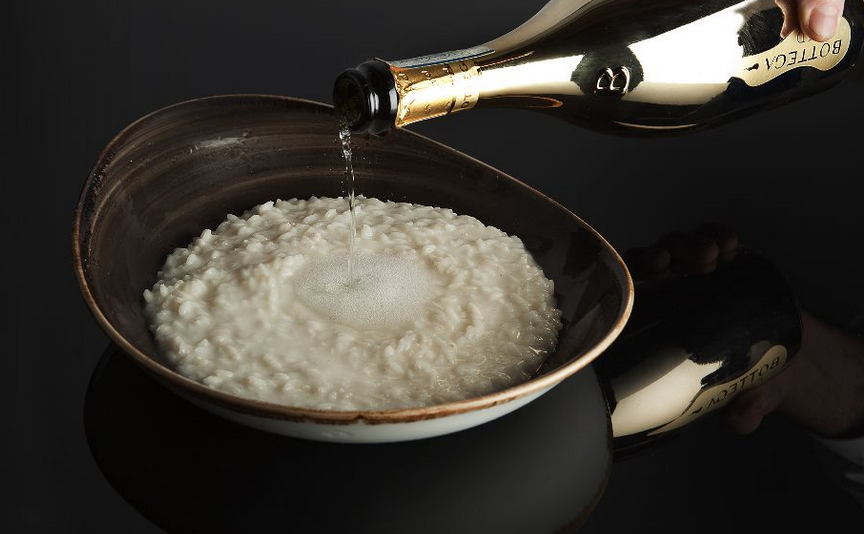The pace of wage growth slowed in January, with the average rates of pay advertised in job vacancies rising by just 3.4% on an annual basis1 — lagging well behind consumer price inflation, according to a new analysis by the world’s largest job site Indeed.
Indeed’s study of advertised wages in January showed a marked slowdown compared to December, when annual pay growth had stood at 4.1%.
Both figures show average wages are rising more slowly than the cost of living, with official data recording that CPIH consumer inflation2 hit 4.8% at the end of 2021.
With inflation predicted to rise again this week and climb past 7% in spring3 amid soaring energy bills and tax hikes, Indeed’s data suggests the real-terms pay squeeze is already getting worse.
A handful of jobs continue to enjoy inflation-busting wage growth, led by sales consultants who saw a 20.1% increase in advertised salaries in the 12 months to the end of January4.
This job title, which carries an average advertised salary of £29,000, covers roles in a wide range of sectors, including modestly paid in-store retail sales staff as well as higher-paid business-to-business sales executives. The shortage of skilled staff in the hospitality sector also pushed up wages sharply, with the services of cooks and sous chefs in particular at a premium.
Most of the job categories seeing the biggest wage growth5 are those facing the biggest recruitment challenges, with jobseeker interest failing to keep pace with resurgent employer demand.
The driving category is now an exception, as it saw a spike in jobseeker interest following extensive media coverage of staff shortages, and rising pay, for roles such as HGV drivers. Overall advertised pay in the driving jobs category rose 8.3% on an annual basis in January, closely followed by construction at 8.2% and production and manufacturing at 7.9%.
However pay growth in some occupations has been minimal - and in some cases, even negative. The legal sector saw a 3.4% year on year decline in advertised wages.
Most of the job categories at the bottom of Indeed’s pay growth rankings have seen an increase in candidate interest since the beginning of the pandemic. That’s a reflection of the fact that the surge in vacancies has been spread unevenly across sectors, and that the opportunity to work remotely offered by some jobs has boosted their attractiveness to jobseekers.
Jack Kennedy, UK Economist at global job site Indeed, comments: “Inflation is starting to bite hard, with big energy price rises and a National Insurance hike just around the corner. At the same time, the average rates of pay being advertised on job vacancies are already rising more slowly than inflation, and wage growth even fell in January.
“Workers in some occupations may be able to bargain for higher wages to cushion themselves from this cost of living squeeze, but the picture varies considerably across different sectors. Anyone searching for a job in sectors that are still struggling to recruit are the most likely to land a big pay rise.
“However, salaries in some of these occupations also tend to start at a lower baseline, meaning a better paying new job won’t insulate them entirely from the looming cost of living crunch. While inflation is making life tough for workers, the soaring cost of energy and materials is putting pressure on many businesses’ bottom lines too. This may in turn reduce the ability of many employers to offer pay increases to their staff.”











